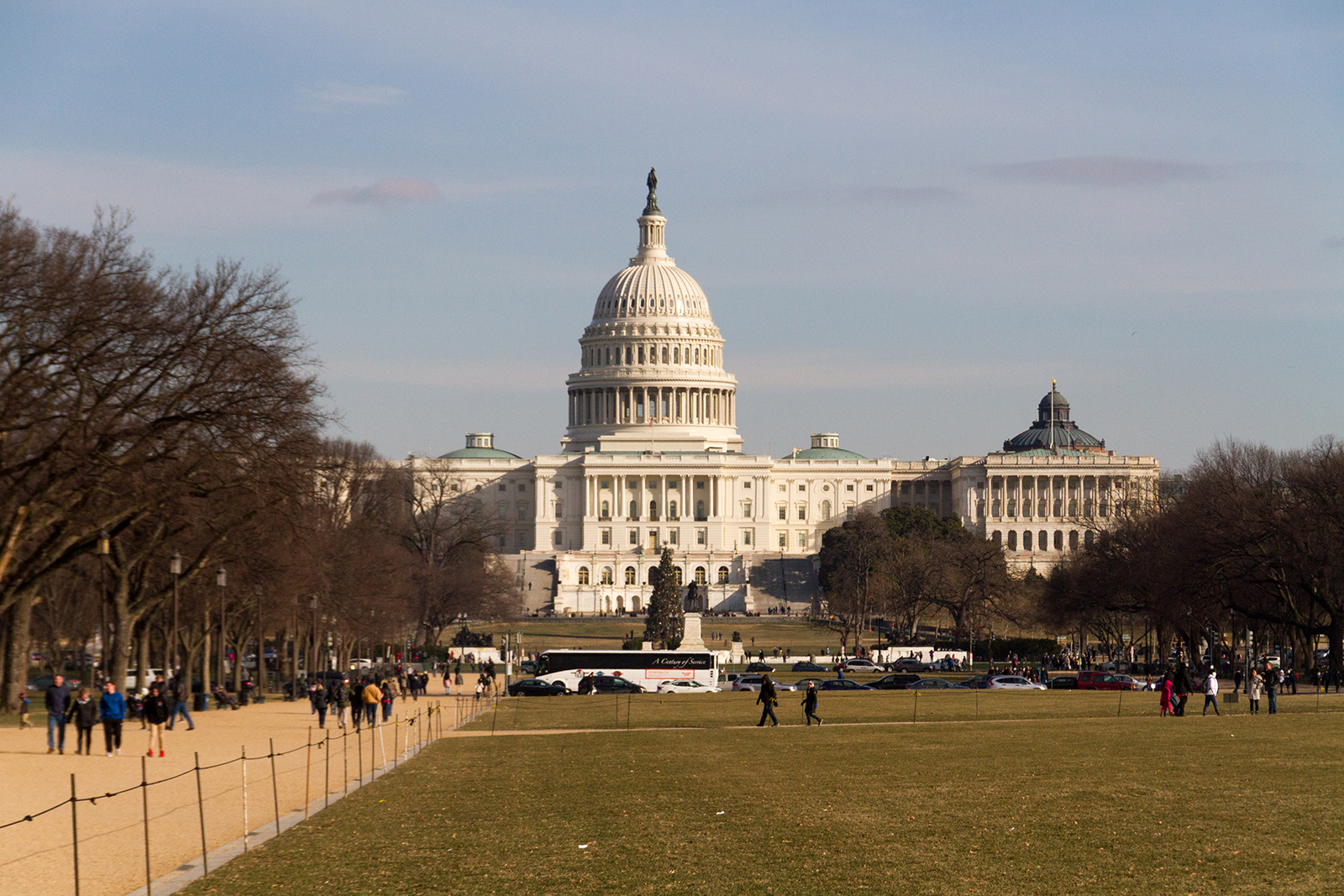Professors discuss potential impacts of proposed federal budget cuts

President Donald Trump proposed a budget cut for the Department of Education, which, if passed, could underfund students’ financial aid. The budget has yet to be passed by the House of Representatives and the Senate. (Courtesy of Tanmay Shankar)

By Olivia Tran
Feb. 19, 2020 12:51 a.m.
Major federal cuts to education funding would hurt the University of California, but they are not likely to happen, UCLA professors said.
President Donald Trump’s administration proposed cuts to the funding for the Department of Education in its budget for the 2021 fiscal year, which was released Feb. 10.
Trump’s budget plan intends to cut about $2 trillion in funding to multiple areas, including the Department of Education, student loan initiatives, Medicaid, federal housing assistance and federal disability insurance benefits, according to the budget. Overall, the proposed budget would cut education funding by 7.8%, or $5.6 billion.
The education cuts specifically target work-study programs and ending subsidized federal student loans. The budget proposal also aims to end the public service loan forgiveness program, according to the New York Times.
A reduction in funding could have a significant impact on students, said UC spokesperson Stett Holbrook in an emailed statement.
“President Trump’s budget proposal would significantly underfund financial aid programs such as work-study and Federal Supplemental Educational Opportunity Grant Scholarships that provide students with access to quality higher education,” Holbrook said.
UC students relying on financial aid and federal loans may be affected if Trump’s cuts to education are passed successfully, said Romain Wacziarg, an economics professor.
Students would find it more difficult or more competitive to receive federal loans if the budget is adopted, Wacziarg said. The cuts could also reduce the amount of money offered in each loan and grant.
However, Trump’s budget will not be put into effect unless passed by the House of Representatives and the Senate.
Congress has refused to adopt these policies in the past, and with a Democrat-controlled House of Representatives, it is unlikely the budget will pass as is, said Chris Tausanovitch, an assistant professor in political science, in an emailed statement.
“Having a Republican-controlled House would be night and day relative to the current situation,” Tausanovitch said. “Although it is questionable whether a majority of the Senate would support the full cuts requested by the White House, cuts would become much more likely.”
Trump is proposing larger budget cuts as a bargaining tactic, but will likely accept a result between Republican and Democratic ambitions, Wacziarg said.
“You’re going to end up somewhere in between the two and so it’s kind of posturing, you’re taking a position so that you hope that the final endpoint will end up closer to your position than the other party’s position,” Wacziarg said. “But the truth is, (the final budget) will probably end up somewhere in the middle.”
There will likely not be a government shutdown because of partisan disagreement on the budget, Wacziarg said.
“Education is not an issue on which they’re going to shut down the government,” Wacziarg said. “I expect that there will be a budget. Especially in an election year, it would be incredibly risky and costly for both sides.”
State education funding cuts have historically hurt UC more than federal cuts, Wacziarg said. According to the Los Angeles Times, enrollment has largely increased since 2000, while state funding has plateaued.
The UC has had to raise tuition in response to state budget cuts in the past, Wacziarg said.
However, state funding has increased in recent years, and California Gov. Gavin Newsom proposed Jan. 10 to increase education funding for the UCs and Cal State schools by 5% for the 2020-2021 fiscal year.
UCLA would also be more affected if federal research funding were reduced, Wacziarg said. Trump’s budget proposal also includes eliminating federal funding for occupational-health professionals at universities.
“We’re big recipients of federal money for research funding,” Wacziarg said. “I think that would be quantitatively a much bigger deal for UCLA financially.”
If successfully passed, the exact effects of the budget would depend on its fine print, Tausanovitch added.
“The crucial point (is) if it passes Congress,” Tausanovitch said.

